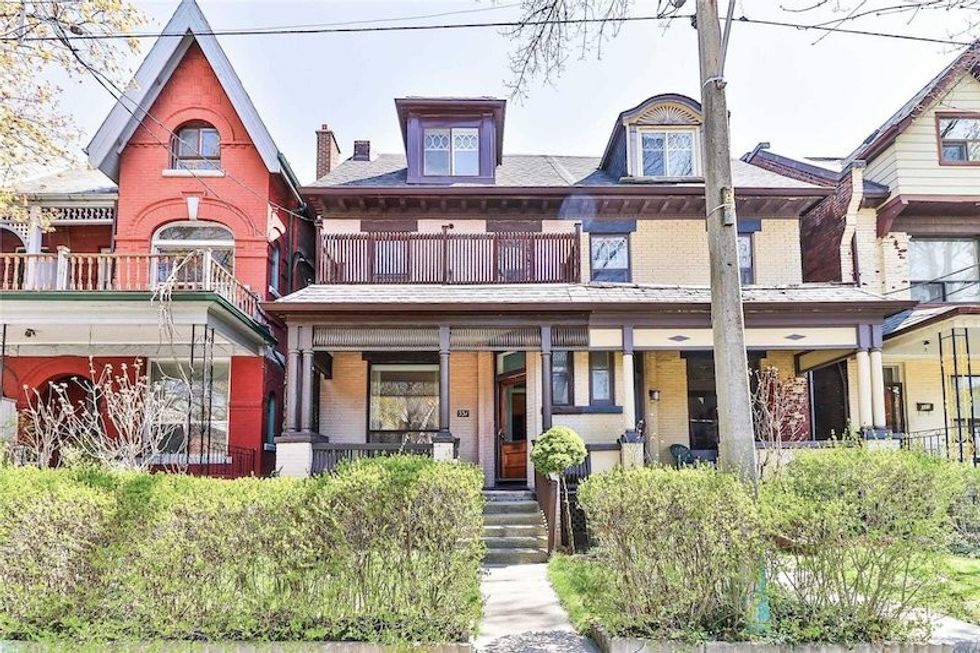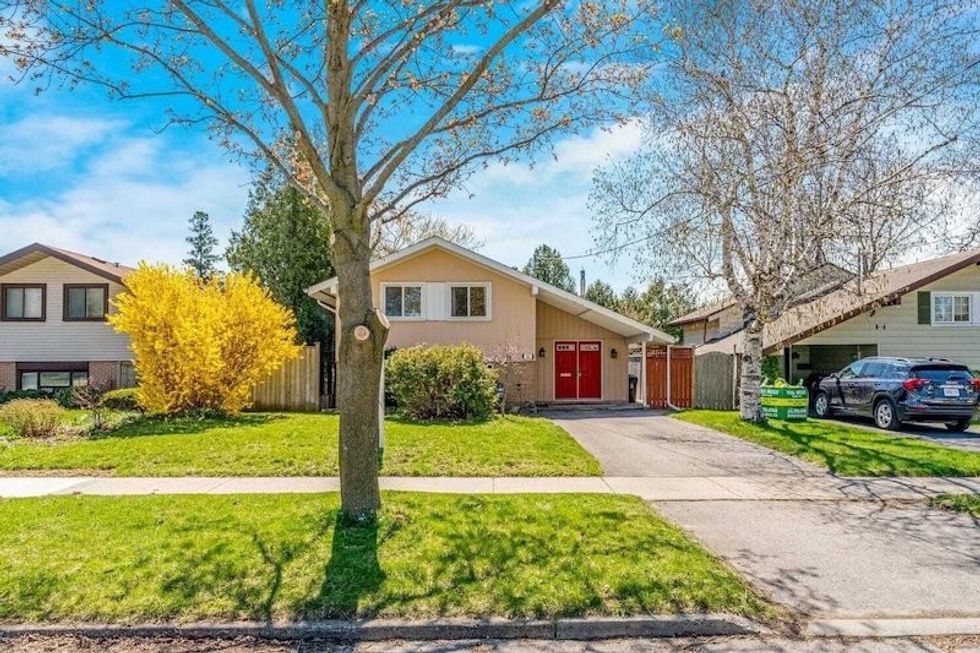There’s a lot you need to know when navigating the world of mortgages.
And, if you’re not careful, it’s quite easy to get tripped up in the lingo, the procedures, and the payments. (Not to mention the penalties.)
Which is why we’ve recruited Jerome Trail, owner and broker of record at The Mortgage Trail, to answer the most important questions homebuyers and homeowners should understand before moving forward in their mortgage process.
Today, Trail is offering the answer to the inquiry: “What happens if I want to sell my home and move, prior to the end of my mortgage term?”
READ: What’s a “Second Mortgage” and How Do I Know If I Want One?

"In an ideal world, the mortgage that you have will allow you to do one of a variety of things," Trail says. "First, if you want to take it with you, you can try and port your mortgage."
Much like packing up the rest of your belongings, porting a mortgage means taking your mortgage (alongside its current terms and rate), and bringing it with you to your next abode.
"[This option] could be as simple as paying a modest porting fee and assigning it to your new home," Trail explains.
Simple? Certainly. The only option? Certainly not.
While porting your mortgage makes sense when you're happy with your mortgage product, and selling at the same time as when you're buying, there are other possible routes available.

"Second -- and assuming your buyer would like to -- you can try and transfer the mortgage to the new home owner," Trail explains. "The incumbent lender will want them to income qualify, and, if rates continue to rise, this may well become an asset to consider as homeowners look to sell."
Indeed, if your current mortgage paints a pretty picture for a potential buyer's future, it could become an additional reason your property piques their interest.
Meanwhile, as a third option, Trail says, every lender does permit breaking out of a mortgage term... But that means the borrower will incur a Prepayment Penalty.
"Unfortunately, this is when most borrowers learn just why their lender was offering them a slightly lower rate in the first place - because they are going to make it up in a Prepayment Penalty," Trail explains.
READ: The Question of Having to Pay a Mortgage Penalty Isn’t If, It’s When
Still, breaking out of a mortgage has its place: When a borrower is in a comfortable financial position, wherein the Prepayment Penalty is accessible to them; when a borrower is selling a property, but they're not looking to purchase a new one right away (as in the case of a second home); or when mortgage rates are sitting low.
As evidenced by the plethora of available options, selling your home before the end of a mortgage term isn't an impossible feat... It's simply a situation you want to approach with finesse (and an expert's opinion).
To get you started with the latter, we'll leave you with a final piece of advice from Trail.
To the ultimate inquiry, "What does [one] want in their mortgage?" he advises: "As much flexibility as possible."
Have another mortgage question or looking for mortgage advice? Contact Jerome at The Mortgage Trail — mention STOREYS and you’ll receive a free appraisal!
This article was produced in partnership with STOREYS Custom Studio.





















